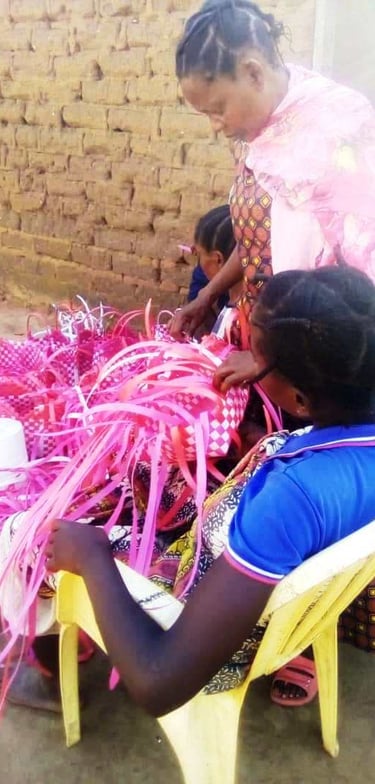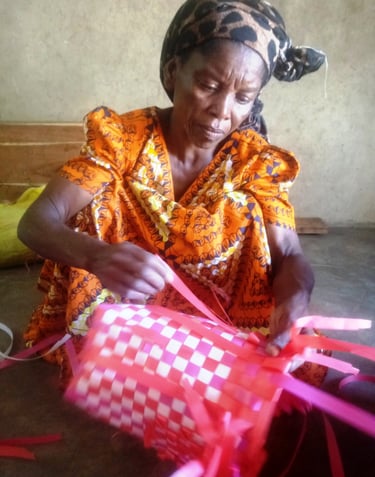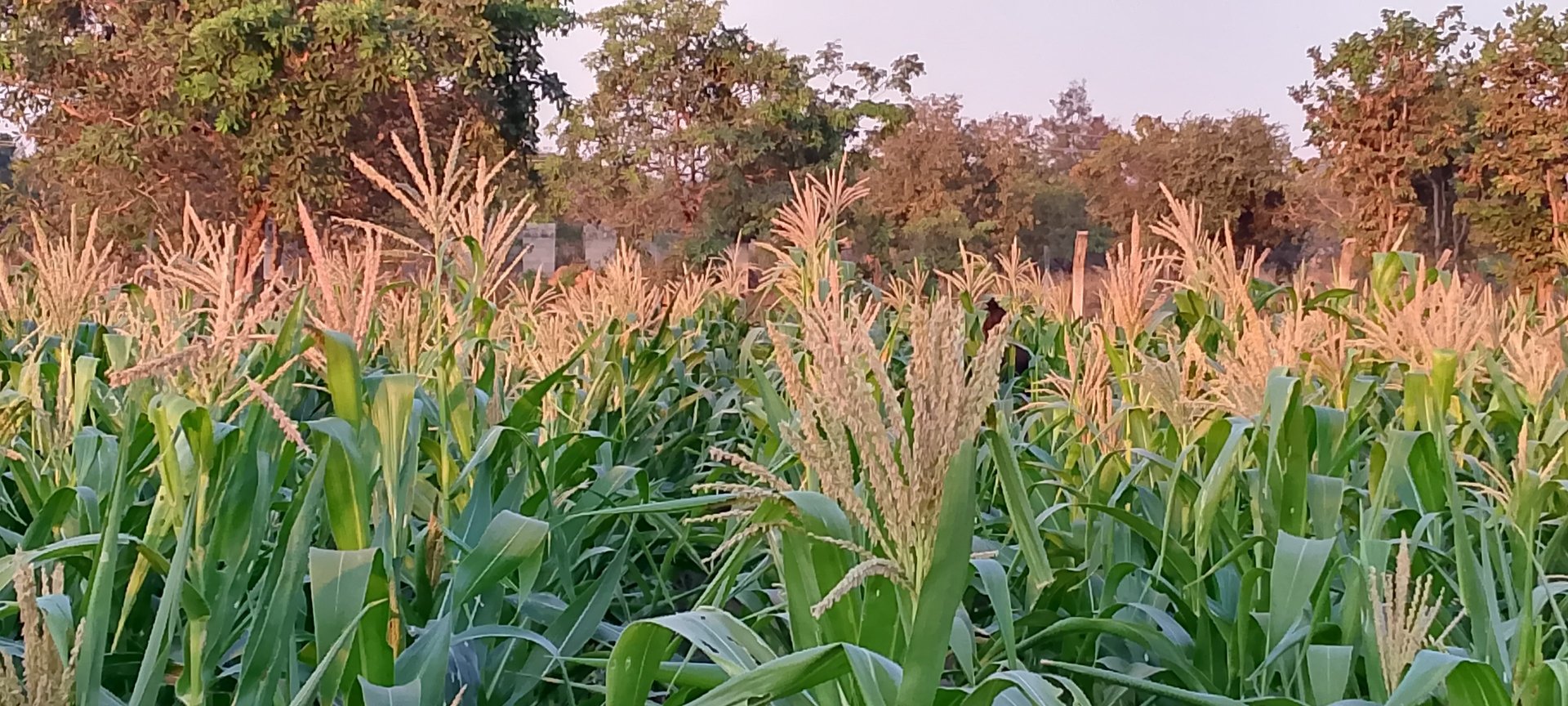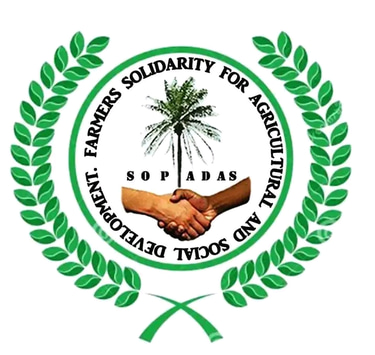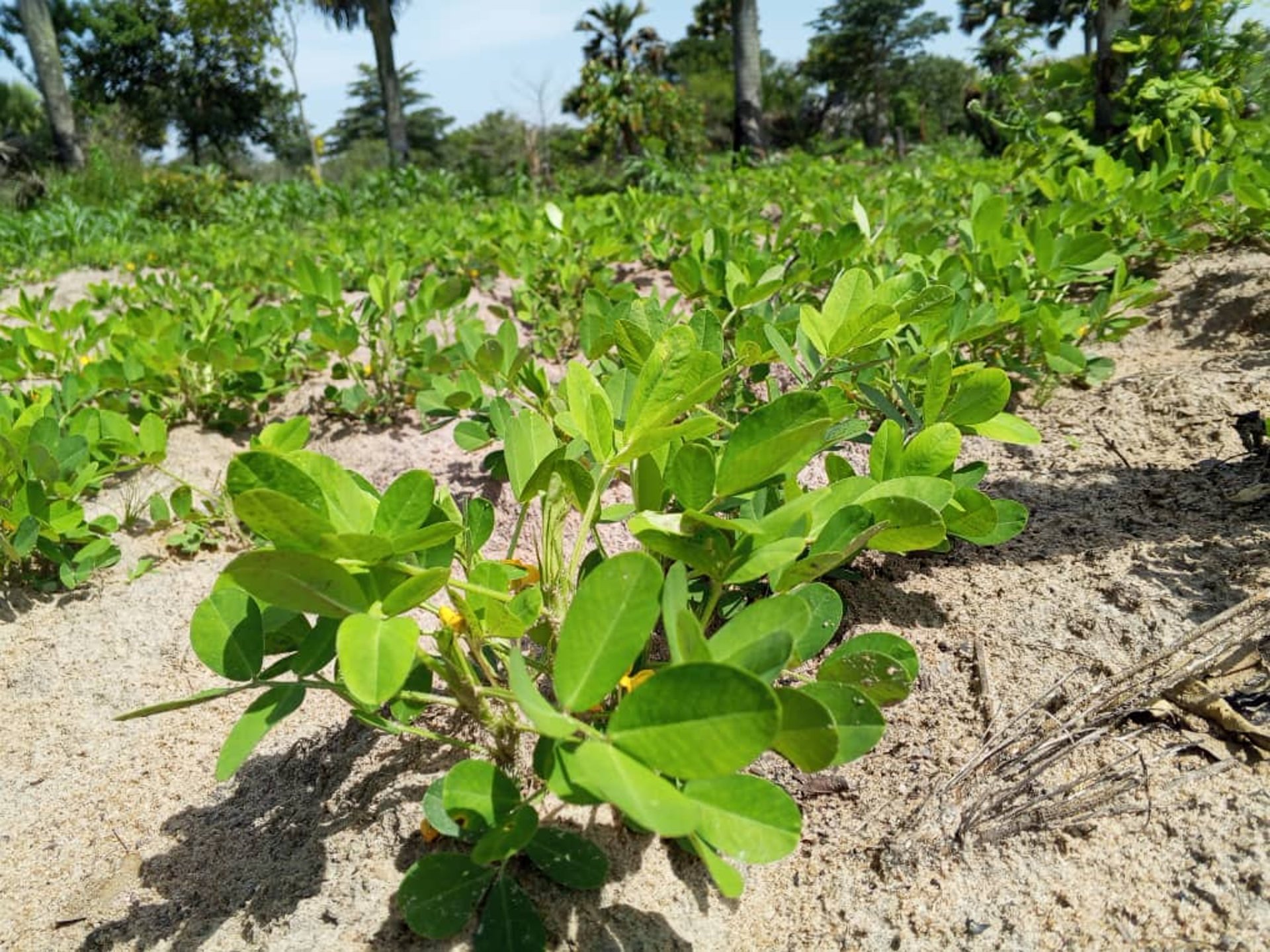
HAND MADE BASKET, TRAINING AND PRODUCTION:
Basket weaving (also basketry or basket making) is the process of weaving or sewing pliable materials into three-dimensional artifacts, such as baskets, mats, mesh bags or even furniture. Craftspeople and artists specialized in making baskets may be known as basket makers and basket weavers.
The three main ones are plaiting, coiling, and twining.
1. Plaiting is one of the easiest forms of weaving. The end product is commonly square, flat, or rectangular. ...
2. The twining basketry technique defines the process where more than two weavers go around spokes. ...
3. Lastly, coiling is another technique used in basket weaving.
Basket weaving, pottery, and other handicrafts are examples of cottage industry. Small scale industries use a lesser amount of capital and technology as compared to large scale industries that produce large volumes of products
Creativity and Expression. Basket weaving is also a form of creative expression, allowing individuals to explore their artistic tendencies and create something unique and meaningful. Creative expression has been shown to be an effective way to reduce stress, promote positive emotions, and
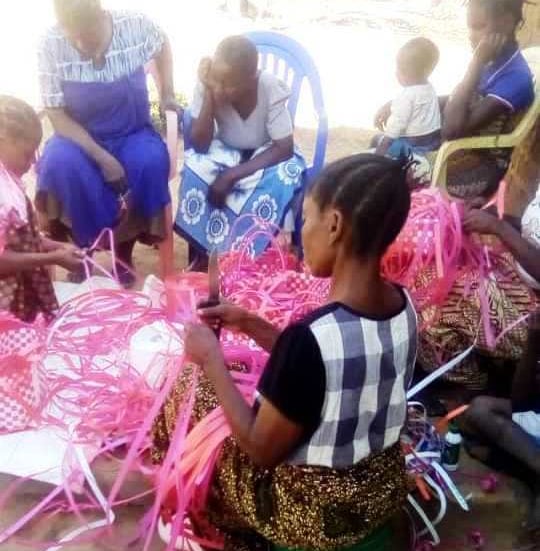

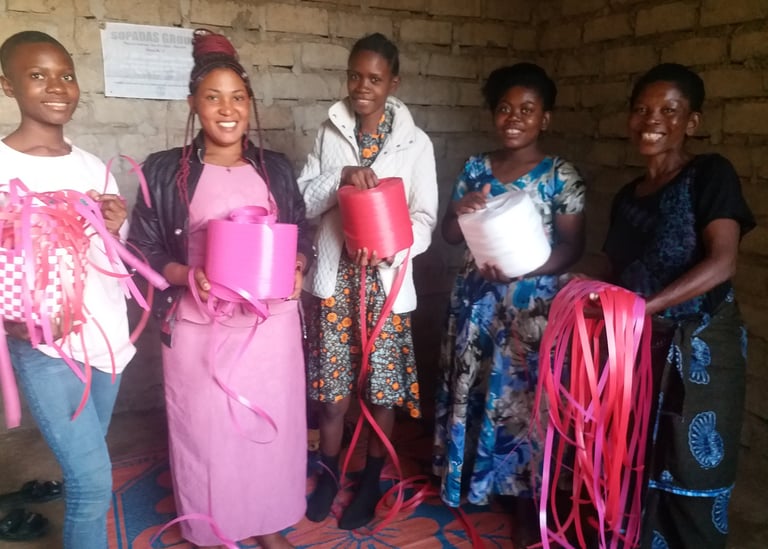

3. DESCRIPTION OF TARGET BENEFICIARIES:
Sopadas identified younger adults, girls, and women as the primary beneficiaries affected by unemployment due to lack of education and entrepreneurship skills. In response, Sopadas initiated a special program aimed at empowering the community through education. The program includes short courses ranging from five days to three months, with a focus on developing essential skills. Additionally, the organization has also begun a project focused on basket making. By addressing the educational and skill needs of the community, Sopadas is working to provide opportunities for self-employment and overcome the challenges of unemployment.
4. PERFORMANCE INDICATORS
Our organization offers free training to those who cannot afford it, while those who are working or able to contribute are asked to give a sum between
$5 and $10.
This contribution helps to support the continuation of our project and allows us to reach more people. We believe in providing equal opportunities for everyone to access our training programs, regardless of their financial situation.
By ensuring that those who can afford it contribute, we can continue to provide high-quality training to those in need.
This system of performance indicators allows us to measure the impact of our training programs and ensure that they are reaching as many people as possible.
5.PERFORMANCE INDICATORS
Since the program started in June 2023, we have seen a positive response from girls who dropped out of school due to lack of fees or pregnancy.
Over twenty girls have joined the program and are benefiting from the training.
They have also been given the opportunity for free counseling on how to start their own small businesses for self-employment.
This shows that the program is making a positive impact and providing opportunities for these girls to improve their circumstances.
6. OUTPUT INDICATOR
Disabled individuals, widows, and single parents who have been deserted by their spouses have joined our project and are making great progress in basket-making.
They are filled with new hope and a sense of accomplishment due to the training and support they receive from the project.
We also aim to reach out to neighboring villages and surrounding areas, and have already opened another center in Buchosa district, Mwanza province, as part of our plan to help more communities in need.
7.OUTCOME INDICATOR
We have set ambitious goals to continue offering basket-making training and production opportunities to marginalized groups in Tanzania from 2024 to 2026. Our aim is to reach 500 widows, single parents, and disabled individuals, providing them with valuable skills and resources to improve their livelihoods.
In addition, we plan to serve 600 dropout school girls who have faced obstacles in their education, and we are committed to offering training and support to 500 disabled persons free of charge.
Our ultimate goal is to expand our reach and establish training centers in various villages and towns across Tanzania, with the hope of making a positive impact on even more lives each year.
We are dedicated to empowering these communities and helping them to build a brighter future for themselves.
8.CHALLENGES OBSERVED
The challenges we are currently facing are multifaceted.
Firstly, we are struggling with a shortage of equipment for teaching and practical applications,
hindering our ability to provide quality education and training.
Additionally, our production capacity is limited by low capital, impacting our ability to meet the needs of the community and generate income.
The demand for our services is high, with many individuals expressing interest in joining our training programs.
However, we are unable to accommodate them due to environmental constraints and insufficient resources.
As the project gains recognition and popularity, the number of interested individuals continues to grow, further exacerbating our limitations in terms of capital and materials.
These challenges are impeding our ability to fully realize the potential of our center and serve the needs of the community.
9. SUGGESTED MEASURE FOR IMPROVEMENT
To improve our operations, we should consider increasing the materials and equipment for teaching and production.
This will help us to produce more items and improve the quality of our products.
In addition, we should also focus on uplifting our capital to support the expansion of our production capacity.
Furthermore, it is important to invest in rebuilding and maintaining our office and center environments to create a better look and provide enough space for teaching and production activities.
These measures will not only enhance our overall efficiency but also contribute to the growth and success of our business.
10. RESOLUTION / RECOMMENDATION
The goal is to increase the number of trainees every month and year, and ensure that they achieve financial independence by starting their own businesses and helping others.
We also plan to organize challenges and competitions to encourage them to work hard towards their goals and to open their minds to the various opportunities available in our communities.
As we produce more baskets, our capital will increase, and our ultimate target is for the project to become self-sustaining, with the costs being covered by the products we create.
The total budget for the hand-made basket training and production for the years 2024 to 2026 is $25,000 (twenty-five thousand dollars).
This budget will cover the costs of materials/ equipment, training sessions, and operational expenses necessary for the successful production of the hand-made baskets.
With this budget, we aim to ensure that our artisans receive the necessary training and support to produce high-quality, marketable baskets that will contribute to their livelihoods.
Additionally, the budget will also allow for the implementation of any necessary improvements to the production process, as well as the promotion and marketing of the hand-made baskets to potential customers.
We are committed to utilizing this budget effectively to maximize the impact of our hand-made basket production program.
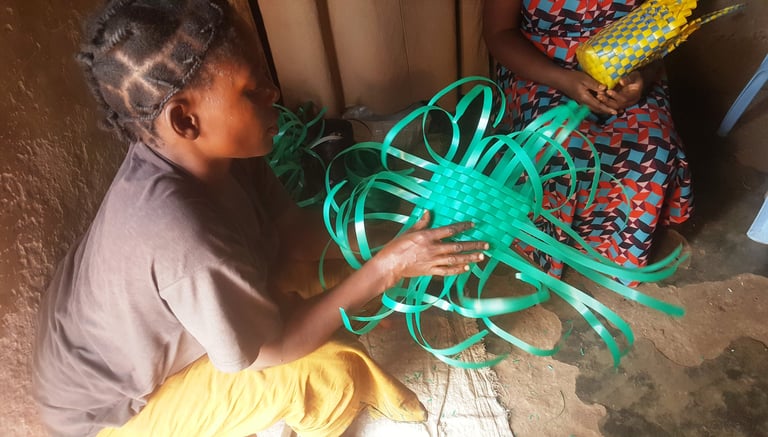

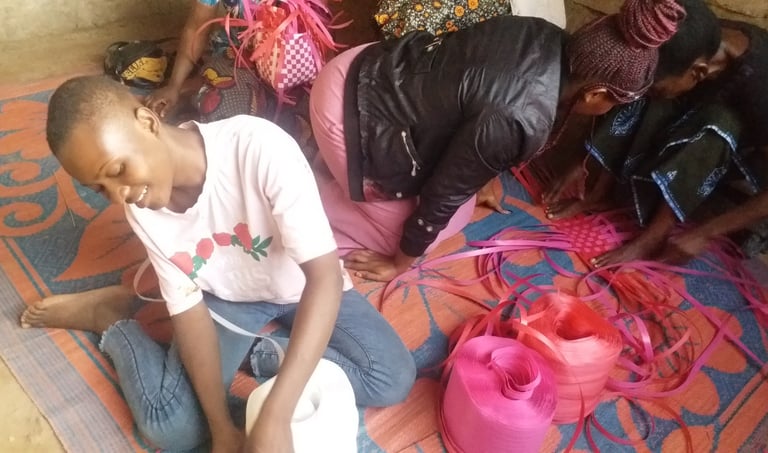

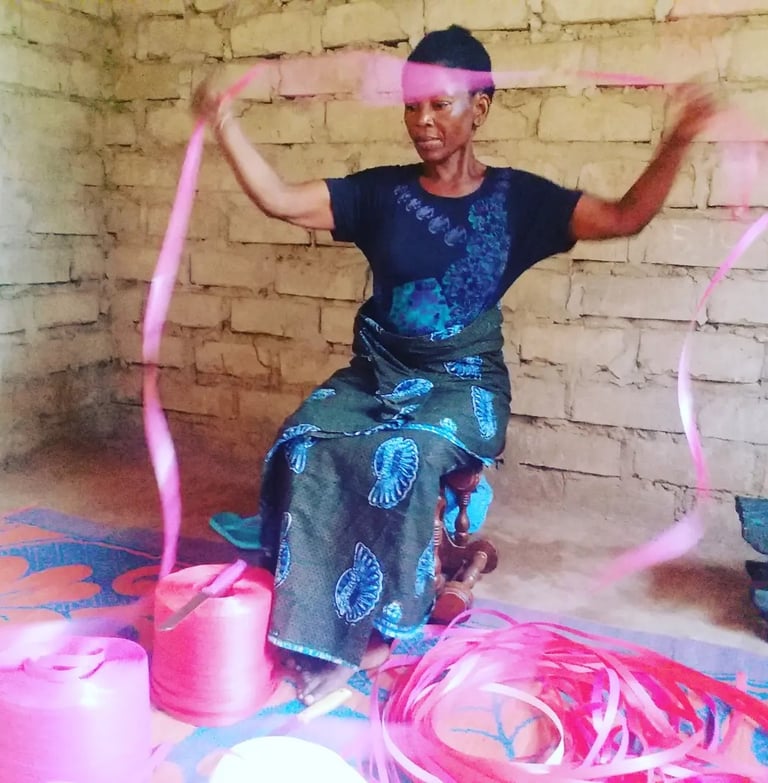

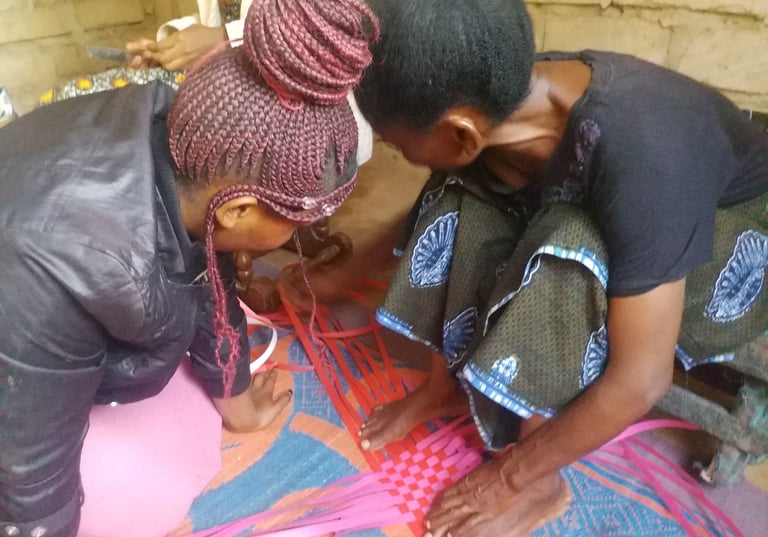

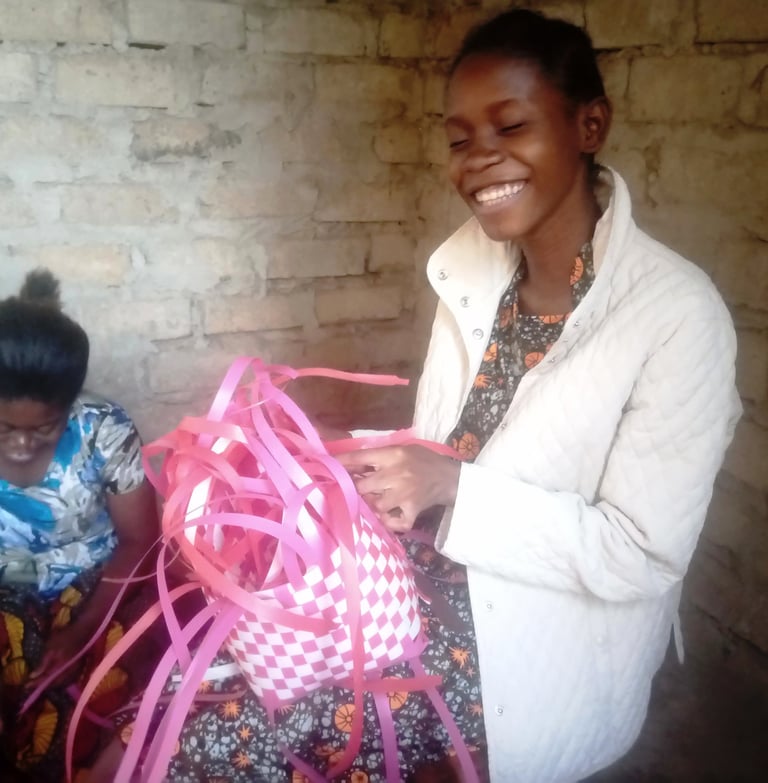

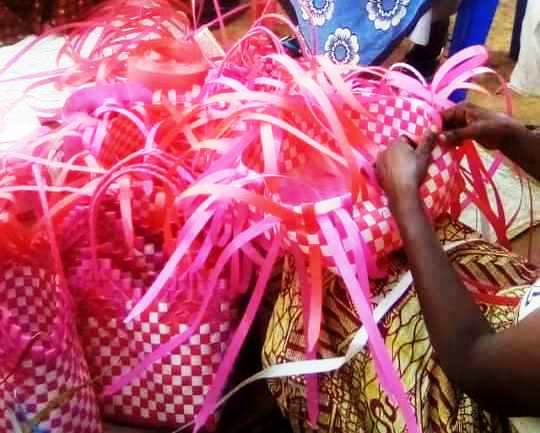

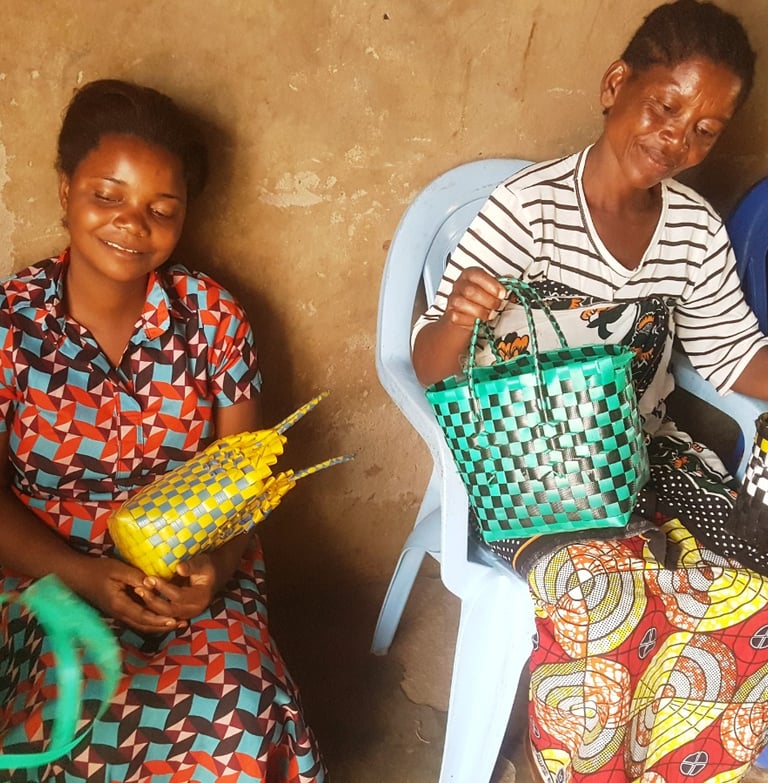

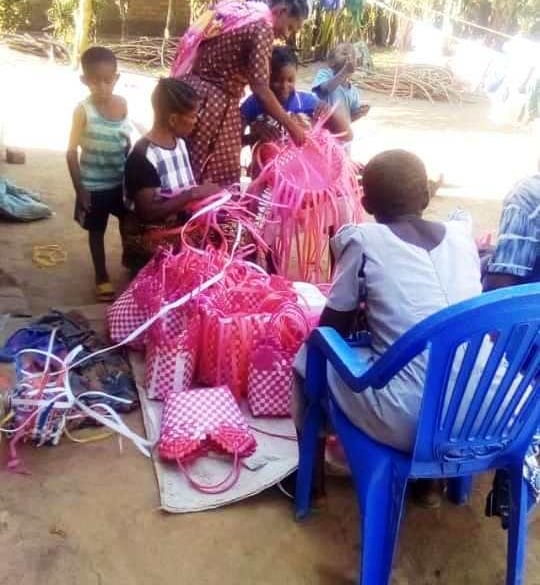

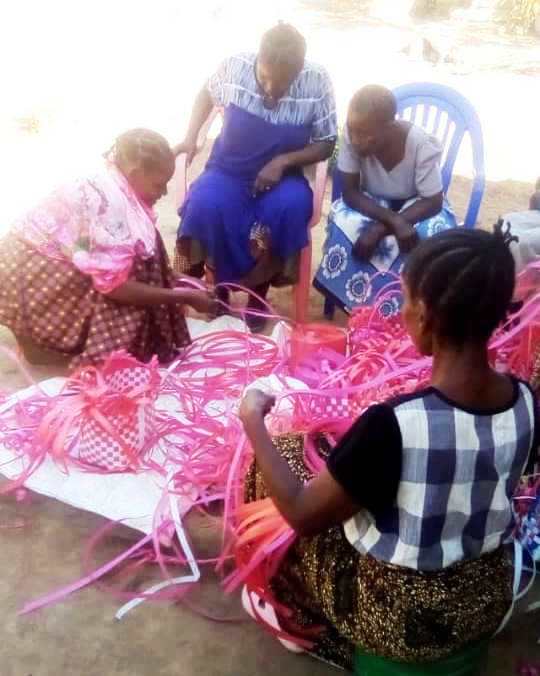

2.TARGET BENEFICIAL:
The target beneficiaries include widows, single parents, disabled individuals, unemployed persons, small entrepreneurs, and school dropouts who are unable to return to school due to pregnancy.
The project seeks to provide training and opportunities for these groups to learn the craft of basket-making and engage in production activities. Ultimately, the goal is to provide sustainable livelihoods and economic empowerment to those in need.
1. PURPOSE:
Sopadas, a farmers solidarity for agricultural and social development, is embarking on a new project called Hand Made Basket - Training and Production.
With a total budget of $25,000
from 2024 to 2026.
The project aims to empower vulnerable communities facing challenges such as unemployment, lack of skills, and poor infrastructure.
